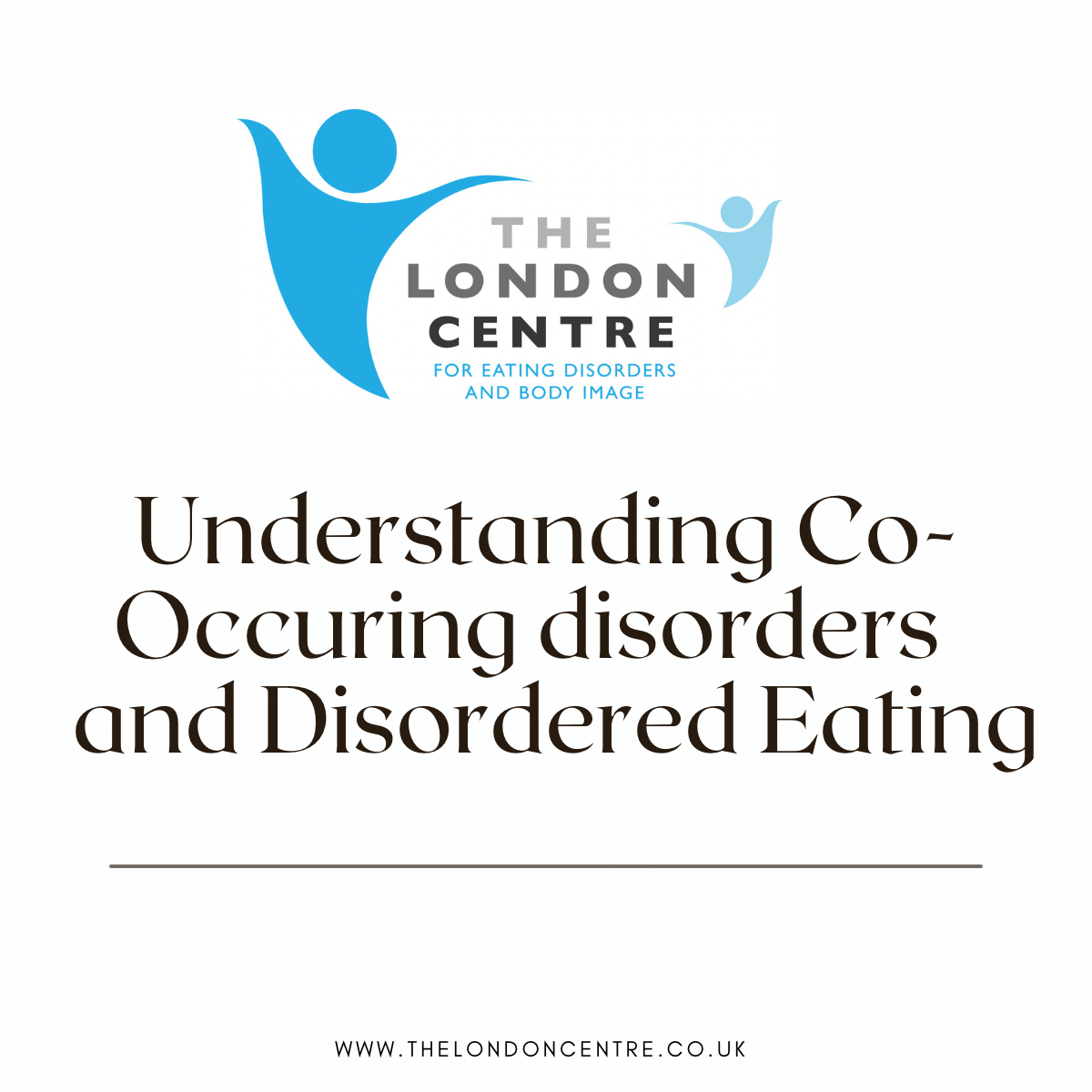Understanding Co-morbidities in Eating Disorders
In this next series of blogs we thought we would turn our attention to some of the co-morbidities that often coexist alongside eating disorders. We will take a look at a number of co-morbidities including Anxiety, Depression, Obsessive Compulsive Disorder and PTSD, exploring the symptoms of each, how and why they may co-occur with disordered eating, and how treatment may need to be adjusted to address not only the eating disorder but the comorbidity as well.
What's a Comorbidity?
A comorbidity in the context of eating disorders, refers to additional health conditions that coexist alongside the eating disorder. Essentially it means that a person meets diagnostic criteria for an eating disorder but also for one or more other diagnosable difficulties. In some cases the eating disorder may be the ‘primary’ disorder -ie its onset predated the comorbidity and it is the primary concern for both the client and the clinician, and in some cases it may be secondary to the comorbidity - ie the eating disorder may be a response to the difficulties that arose from the comorbidity, or at least started after it.
Rates and Common Pairings:
Research looking at rates of co-morbidities reveals a significant interplay between eating disorders and other mental health issues. Anxiety and depression in particular often exist alongside disordered eating. Studies have suggested that approximately 50-75% of individuals with eating disorders experience comorbid mental health conditions.
Treatment Considerations:
When considering treatment options, acknowledging and addressing co-morbidities is crucial to successful treatment and to long term recovery. It's not a one-size-fits-all scenario. Therapeutic approaches may need to be tailored to address any co-morbidities, for example having a greater focus on strategies to manage anxiety, exposure and response prevention, trauma or behavioural activation (as a few examples).
Understanding the way in which the co-morbidities influence and impact each other, and in particular whether they coexist independently or maintain each other, is a crucial part of treatment at TLC. Clinicians will often need to weave together interventions that consider all aspects of both mental and physical well-being in a holistic and patient centred way.
For more information on a number of different co-morbidities follow our upcoming blog series over the next few weeks as we look at a number of different diagnoses in turn.
#EatingDisorders #MentalHealthMatters
If you would like further information or you wish to book an appointment, please click here.

